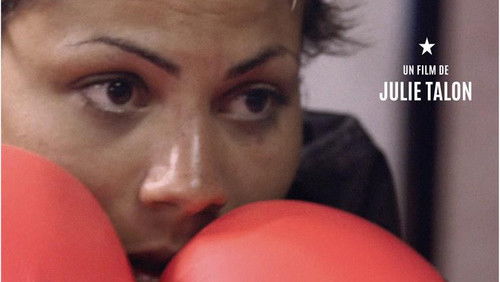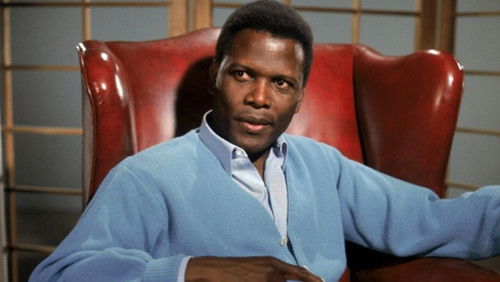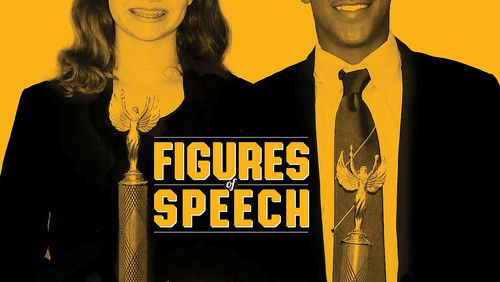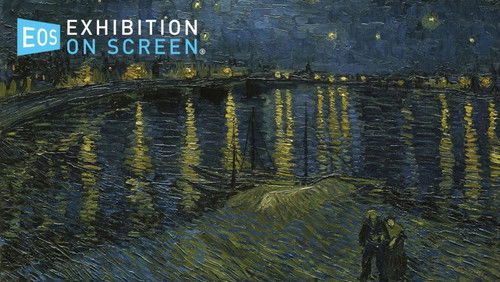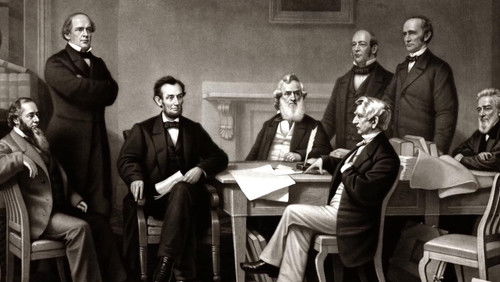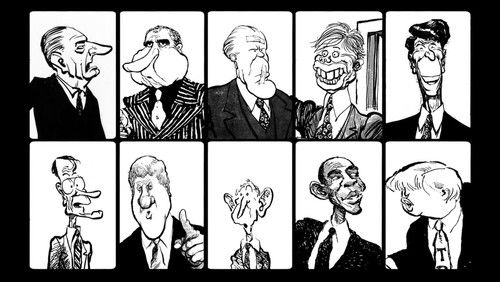Hier und anderswo (1976)
40KHier und anderswo: Directed by Jean-Luc Godard, Jean-Pierre Gorin, Anne-Marie Miéville. With Jean-Luc Godard. Godard, Miéville and Gorin (aka the “Dziga Vertov Group”) examine the parallel lives of two families – one French, one Palestinian – using an exploratory combination of film and video.
“I was about ready to yell Hades at the TV in the first several minutes of Here and Elsewhere (or Ici et ailleurs): a pro-Palestine documentary? Take down the Zionists? I had heard before of Godard and his collaborator Anne Marie Mieville being anti-semitic, but this was ridiculous. Really? Calling terrorists u0026#39;revolutionariesu0026#39;? Maybe there is no line to cross and every terrorist is a revolutionary, to a degree or another on their subjectivity. But then an audience member has to bring their own subjectivity, too, and the argument gets struck up and gets heated. While I can despise Godard personally for this and other instances in his career where one saw his distaste towards Jews, itu0026#39;s hard for me to also not acknowledge some level of artistic integrity on his end. Or maybe not. Maybe he is a damn fraud who gets by on counterfeit intellectualism and repetitive editing to swing past his ideas.u003cbr/u003eu003cbr/u003eBut then I do have to give credit where itu0026#39;s due: he did make a documentary hybrid here that is somewhat more lucid than other indecipherable docs of his ilk. Maybe itu0026#39;s because he did try and make in the early 70s a decidedly and truly pro-Palestinian militant documentary- hence the access his cameras got in to ask questions- but after a motorcycle accident and the dissolution of his u0026quot;filmmaking collectiveu0026quot; based on the filmmaker Dziga Vertov, he had to contemplate things. While Here and Elsewhere has the typical Godard flaws of being boredom and complacent with semantic BS (and that calculator, come again?) there is a sense that Godard and Mieville are trying to criticize themselves, and the very nature of the image. Thereu0026#39;s even a moment when Godard talks about being around a group of u0026quot;revolutionariesu0026quot; some months before the Black September attack, and says it was tragic nothing couldu0026#39;ve been said, to which Mieville rebuts u0026quot;You, couldu0026#39;ve said something.u0026quot; u003cbr/u003eu003cbr/u003ePerhaps, if only for the self-reflexiveness and an attitude that is more towards an analysis of image and response, of contrasting images of Nixon and Hitler and the holocaust and the whole u0026quot;theateru0026quot; and u0026quot;actorsu0026quot; taking part in the games of death, Here and Elsewhere does have a sensibility that is about trying to make a film first, politics second. Not only did I not agree with the politics of the doc, it made me angry, as angry as Iu0026#39;ve ever been watching a Godard film. This mixed with some stretches of boredom made it far less than what others have praised the film to worth. And yet, at the same time, it is a significant and usually watchable work from a director who is atoning not so much for his beliefs but for not taking into account the memory of image and its cost of relying so heavily on the present-tense. Itu0026#39;s an uneasy but satisfying blend of propaganda and self-conscious u0026quot;cinemau0026quot; cinema.”
